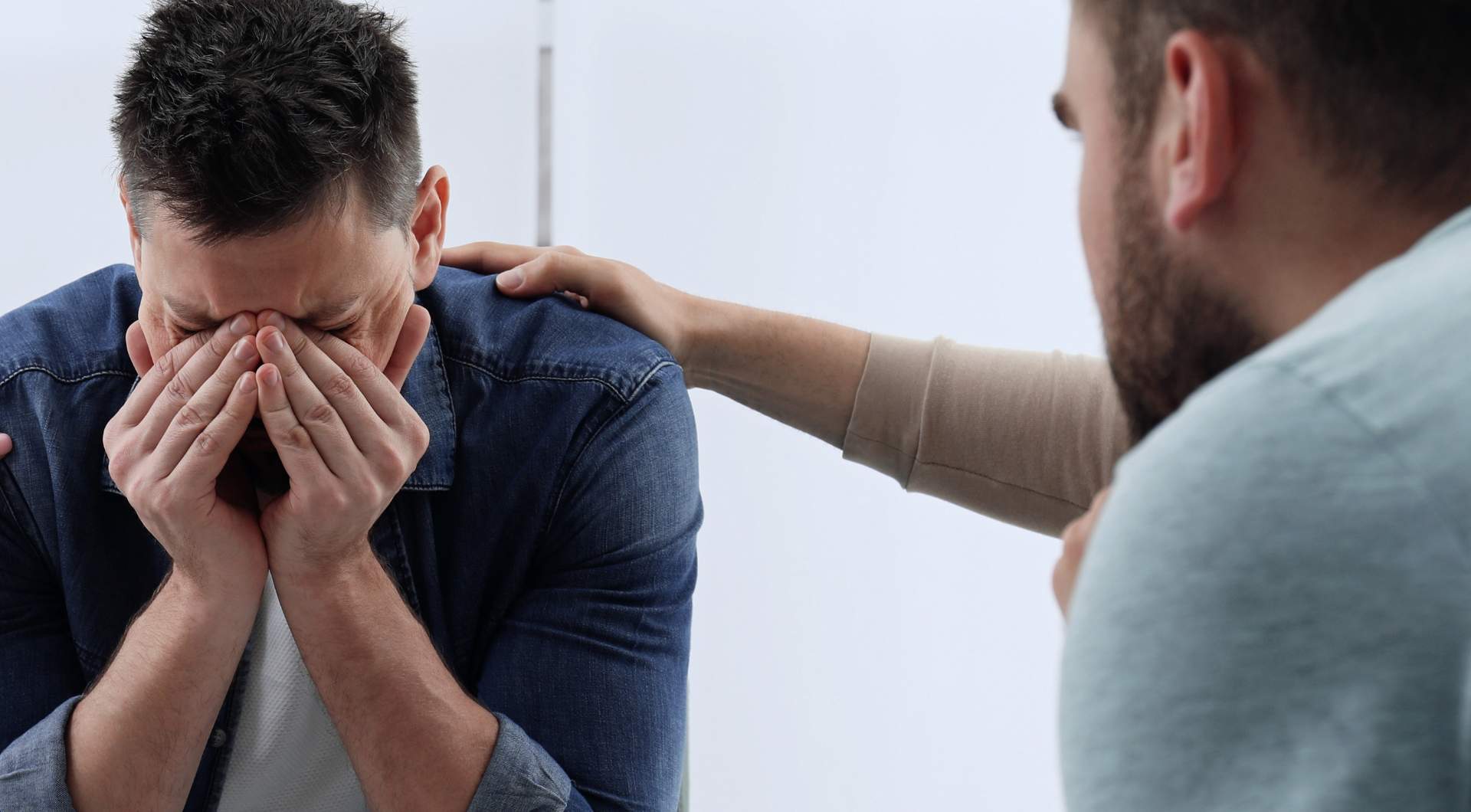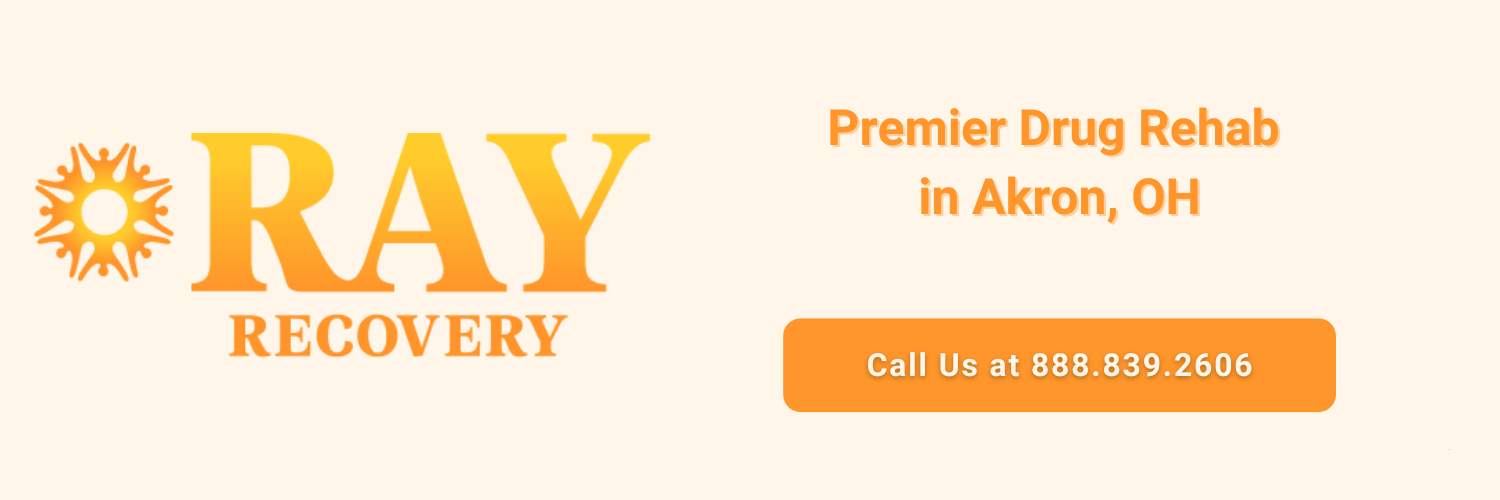We understand how heartbreaking it can be to love someone struggling with addiction. You may feel like you’re giving everything — your time, your energy, your heart — and yet it still doesn’t feel like enough.
If that’s how you are feeling right now, know this: the fact that you’re here, reading this article, shows how much you care and that you’re already doing so much to help your loved one.
We will guide you with 10 practical, compassionate, and meaningful ways to support someone with a drug addiction while also protecting your own emotional well-being, so you can be a steady source of support without losing yourself along the way.
How Do I Help Someone With a Drug Addiction?
Helping a loved one with addiction isn’t easy, but your support can make a real impact. This section outlines ten key ways to help, from encouraging treatment and setting boundaries to managing triggers and caring for yourself. With empathy, patience, and the right approach, you can be a steady source of strength in their recovery journey.
10 Ways To Help Someone With a Drug Addiction
#1: Encourage Them To Seek Help
Supporting a loved one with a drug addiction starts with encouraging them to get professional help, and it’s important not to wait for a serious crisis before speaking up. Recovery often begins sooner and is more successful when intervention happens early.
- Approach the conversation with compassion and care, clarifying that your concern comes from a place of love.
- Share specific moments that made you worry, and be open about how their behavior has impacted you.
- Finally, guide them toward professional support. With compassionate care and flexible treatment options tailored to each individual’s needs, Ray Recovery provides a supportive path to recovery. Letting your loved one know that help is available and that they don’t have to face this alone can be a powerful first step.
#2: Offer Your Support
Many people struggling with addiction feel disconnected and unloved, so showing genuine support can make a powerful difference. Let your loved one know you care deeply about them and that you’re committed to being by their side throughout their recovery.
Give them space to express themselves without fear of criticism or judgment. When someone feels heard and accepted, they’re more likely to open up and consider the help being offered.
#3: Educate Yourself About Addiction
One of the most powerful ways to support someone with a drug addiction is to educate yourself about what they’re going through. Addiction is a complex medical condition, and understanding it can help you approach your loved one with empathy rather than judgment.
Learning about addiction will prepare you to be a more informed and supportive ally. The more you know, the better equipped you’ll be to offer meaningful help and avoid common misconceptions that can harm rather than heal.

#4: Have Realistic Expectations
When supporting someone through addiction recovery, it’s important to understand that progress takes time and may not follow a straight path. Set realistic expectations not just for your loved one, but for the recovery process itself.
Effective treatment doesn’t always mean instant abstinence. Instead, look for meaningful improvements like reduced substance use, better physical and mental health, stronger relationships, and a more stable daily life. These changes reflect real progress and are key indicators of successful treatment.
#5: Help Them Address Any Co-Occurring Conditions
Substance use often doesn’t exist in isolation — many people struggling with addiction also face underlying mental health issues like anxiety, depression, or trauma. These co-occurring conditions can fuel the cycle of addiction, especially if drugs have been used as a way to self-medicate.
It’s essential to help your loved one address both their substance use and any mental health challenges they may be facing. Encouraging integrated treatment that focuses on both areas can significantly improve their chances of long-term recovery and emotional stability.
#6: Help Them Plan Ahead for Cravings and Triggers
Cravings and triggers are a normal part of the recovery journey and can appear without warning. Triggers can be people, places, or situations that stir up memories or emotions tied to substance use. Cravings are the powerful, often overwhelming urges to use again that pass within minutes.
Encourage your loved one to identify common triggers in their daily routine, such as a location, social gathering, or even a song, and to create healthy coping strategies they can turn to in those moments. Recovery is rarely a solo effort, so involve family or close friends in building a support system that reinforces accountability and resilience.

#7: Help Them Explore New Interests
Letting go of addiction often means rebuilding how someone spends their time, and finding new, meaningful ways to fill that space is essential. Encourage your loved one to try out fresh activities that bring joy and purpose without triggering old habits.
Whether it’s picking up a creative hobby, getting involved in a community project, taking a class, or spending more time outdoors, exploring new interests can help shift focus away from temptation and play a key role in shaping a more balanced and rewarding life in recovery.
#8: Accept the Possibility of a Relapse
While it can be difficult to witness, relapse is a common part of the recovery journey, and it doesn’t mean that treatment has failed. 40-60% of patients treated for substance use disorder relapse. What’s important is how you and your loved one respond.
Rather than viewing a relapse as a setback, see it as a chance to reassess what’s working and what needs to change in their recovery plan. This might mean adjusting treatment, reinforcing healthy routines, or identifying new triggers.
#9: Establish Healthy Boundaries
Loving someone with a drug addiction doesn’t mean accepting behavior that harms you. Setting boundaries is crucial — not to push your loved one away, but to protect your own well-being and preserve your ability to support them with compassion.
Be clear about what is and isn’t acceptable, and don’t ignore signs of emotional, verbal, or physical harm. In some cases, that may mean creating space or making difficult choices to protect your home and family while still offering support from a safe distance.

#10: Take Care of Yourself
Supporting someone through addiction can be emotionally and physically draining. To stay strong and present, you need to prioritize your own well-being. Here are some ways to care for yourself while helping a loved one:
- Practice self-care: Make time for rest, hobbies, exercise, and healthy eating.
- Seek support: Join a support group for families of people with addiction.
- Talk to a therapist: Professional guidance can help you process your emotions and manage stress.
- Avoid guilt: You didn’t cause the addiction, and you can’t fix it alone.
- Celebrate small victories: Acknowledge progress.
Taking care of yourself isn’t a luxury or selfish—it’s a necessity. You can’t pour from an empty cup.
Ray Recovery: A Ray of Light to a Path of Recovery From Drug Addiction
Supporting someone with a drug addiction is never easy, but you don’t have to do it alone. Ray Recovery offers flexible, personalized outpatient treatment for individuals struggling with substance use in Hudson, OH, and surrounding areas.
With programs like Partial Hospitalization, Intensive Outpatient, and General Outpatient care, we accompany clients in their recovery journey. Our services also include therapy, dual diagnosis treatment, and holistic options like yoga and nutrition counseling.
If someone you love is ready for help, contact Ray Recovery today and let us help you start the healing process.
The content in this blog is not intended to be a substitute for professional medical advice, diagnosis, or treatment. Always seek the advice of your physician or other qualified health provider with any questions you may have regarding a medical condition.



